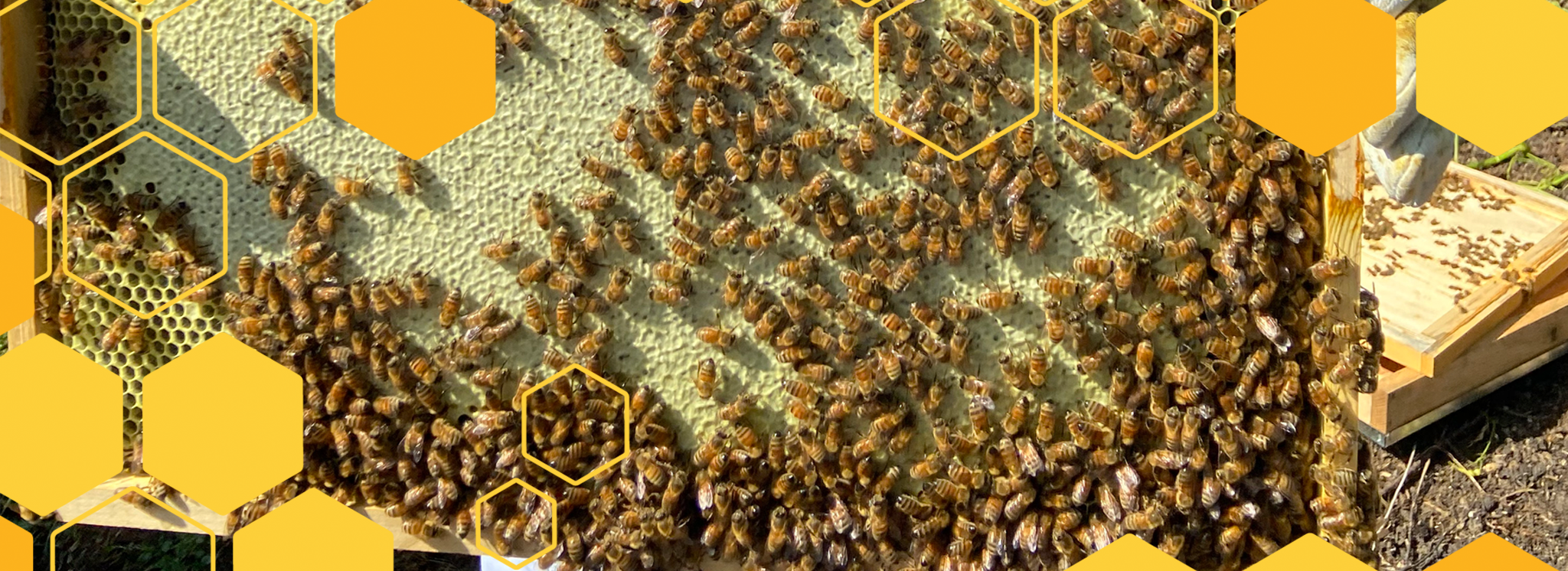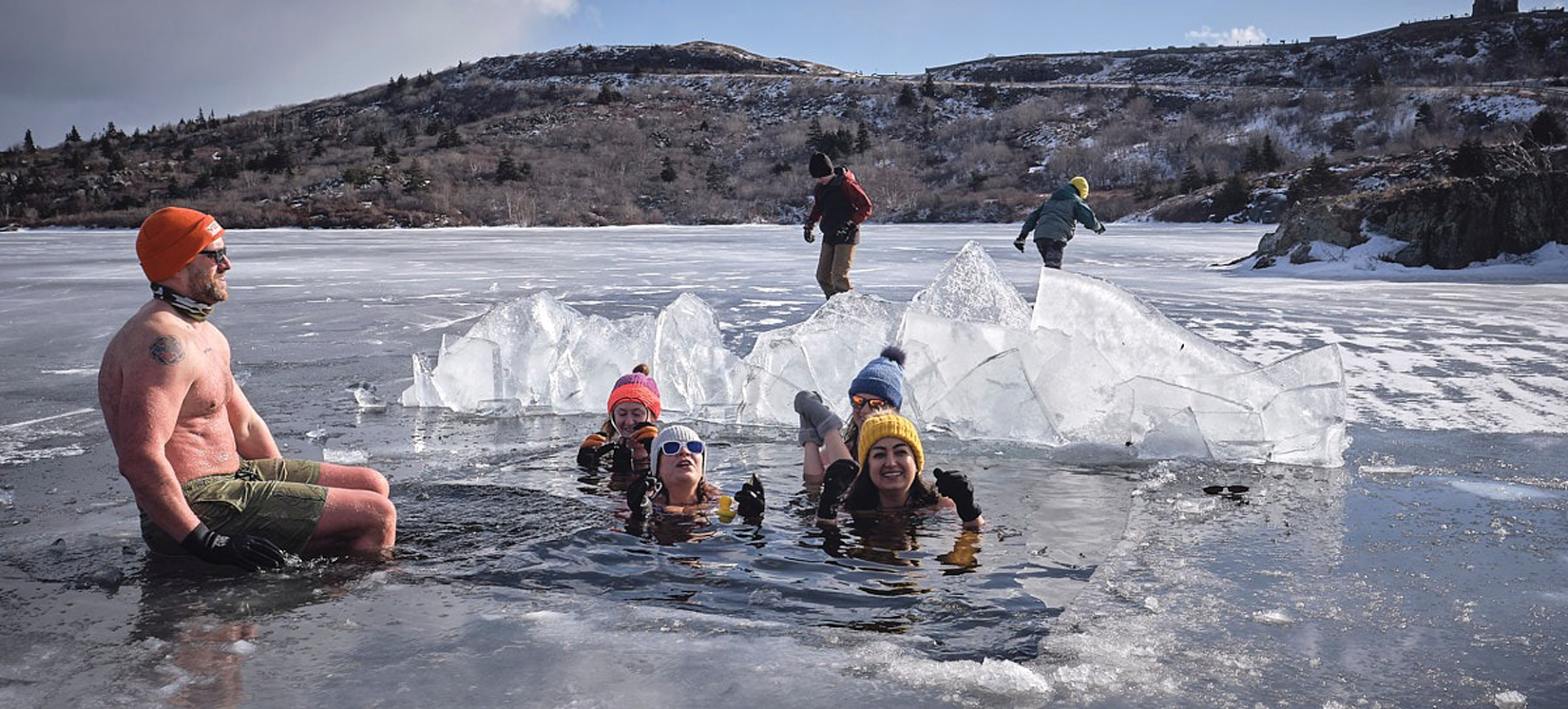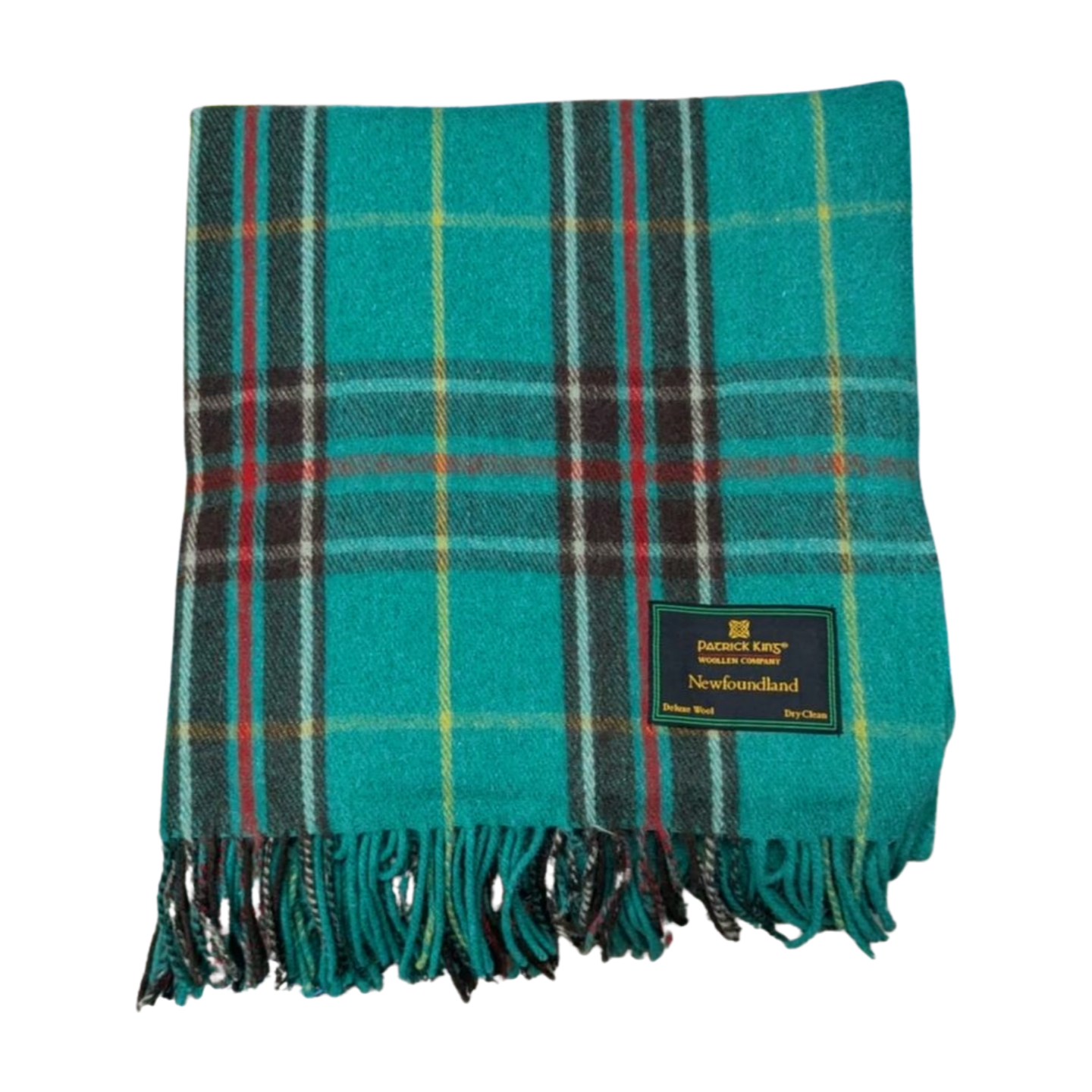How Avalon Homesteading’s supporting sustainable beekeeping for a greener future
Things are buzzing at Meadow Haven Farm in Topsail. In 2022, childhood friends Colin Stavnes and Noel Grandy launched Avalon Homesteading – a new enterprise devoted to sustainability, food security, education and you guessed it, bees.
It all began when, after completing the Newfoundland and Labrador Entry Beekeeping course in 2021, Colin and Noel set out to set up an apiary. Seeing that beekeeping equipment and supplies were hard to come by in Newfoundland and Labrador, they saw an opportunity.
“There are a couple of small outfits supplying beekeeping equipment, but they were not really able to keep up with the demand. All the beekeepers had to ship stuff in, which is incredibly expensive when you’re shipping in big loads of woodenware, you know,” explains Colin one afternoon from the farm.
“So Noel and I, we said, why don’t we order in pallet loads, instead of just getting the few things that we need, and then we can save people the cost of shipping it in, right? And it just became a business from there.”
Avalon Homesteading’s goal is to supply all of Newfoundland and Labrador with quality beekeeping equipment while providing education about honeybees. The farm is an education site for the Provincial Food Network, offering instruction and promoting food security in the province.
“We’re classified as a hobby farm,” explains Colin, describing the Topsail location where he lives with his wife Tasha and their children, Victor and Nadia.
“We do three major things: we do the beekeeping, we sell beekeeping supplies and live bees, and we do courses on learning to become a beekeeper. And we do another course in the fall that’s how to winterize your hives and extract honey.”
Colin says beekeeping is taking off in the province, and that interest continues to grow.“We’ve done it for three years now, the Learn to Be a Beekeeper course. The first year we had, I think seven people, the next year we had ten, this year we just had our first session that was sold out at fifteen people. So it’s really growing very quickly.”
“We teach people about the life of the bee, the equipment required and how to use that equipment, how to feed the bees, and we touch on kind of local pollinators as well,” Colin says. “So everything to do with beekeeping. We try to get people the basics so that they can start keeping bees at their place. The person who teaches our courses, her name is Catherine Dempsey, she was one of the founding members of the NL Beekeeping Association.”
Classes are offered in the Honey Loft – the farm’s on-site accommodation that’s up on AirBnB.
While Colin notes that his grand-father put himself through college keeping bees in Wisconsin, he acknowledges there are challenges and unique conditions relating to keeping bees in Newfoundland and Labrador.
“That’s why we do the second course in the fall on how to winterize your bees and get them through the long Newfoundland spring. You need to check on them when you get a warm day and give them some food – they run out of food in the springtime that’s when you lose your hives. We do also have to strap our hives down with ratchet straps over the fall because of the winds,” he adds with a chuckle. “We can have them blow away.
“Newfoundland is a pretty special place as far as growing and keeping animals,” Colin continues. “So local knowledge is very valuable to us here. I run into people who are like, ‘Oh I grew up on a farm and I know all the old tricks,’ and I ask them, you know, would you be interested in sharing some of that knowledge in a course? We haven’t done it yet but we’re looking at getting a few folks together to do that. We’ve realized now that there’s kind of been a gap in knowledge where the older generation who are kind of getting on in age now, they knew a lot about this stuff and their kids didn’t really take it on as much as they did, and now people are getting into it again. So we’re trying to bridge that gap with the education.”
Recently, Avalon Homesteading has expanded into vermiculture – the process of using wriggly garden worms to break down organic waste into nutrient-rich compost. It’s a natural and environmentally friendly way to recycle kitchen scraps, yard waste and more, creating valuable soil amendment for your plants.
“Noel, he lives out in Upper Gullies. The worm business is out at his place,” explains Colin. “We’ve been doing that for about a year and a half and that’s probably the part of our operation that’s growing the most right now. We teach people how to keep a worm composting bin going and what to do with the worm castings and when to harvest them.”
Avalon Homesteading has partnered up with the Georgestown Community Composting program, a neighbourhood composting program in St. John’s.
“That program is a bit too successful,” Colin laughs, “and they have a lot of compost that they don’t know what to do with. And so they truck that out to us and we feed that to our worms and then our worms turn that into worm castings.”
Outlining their future goals, Colin shares that the plan is to “grow our farm – we only moved into this spot three years ago so we’re clearing a lot of land, we’re putting in gardens and orchards and animals. We’re just looking to keep going with what we’re doing, and bring homesteading education and confidence to all of Newfoundland and Labrador.”












